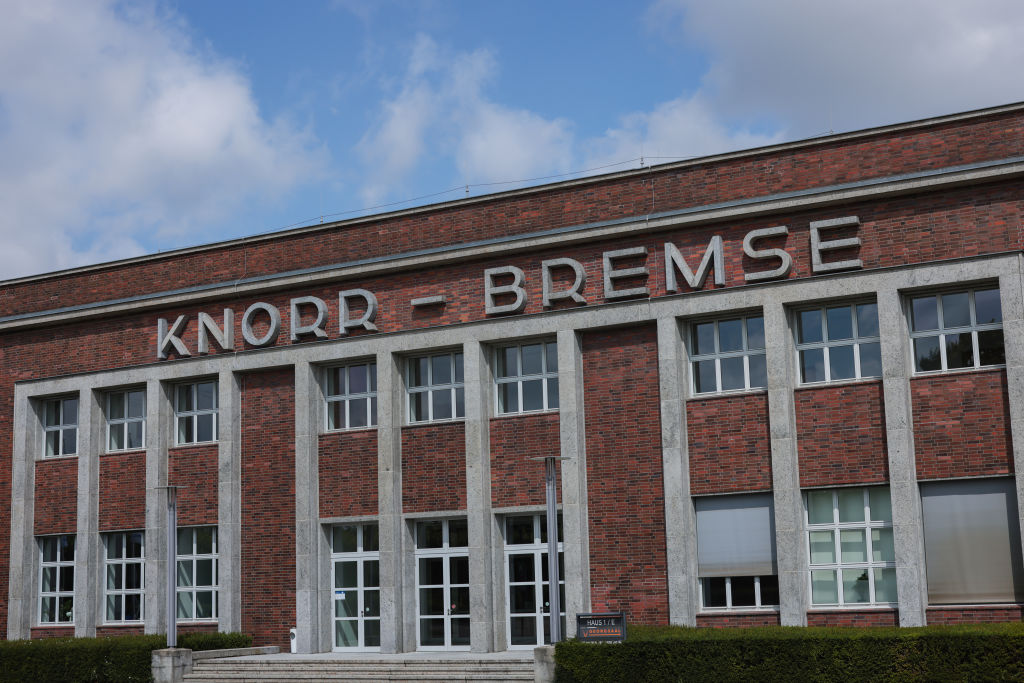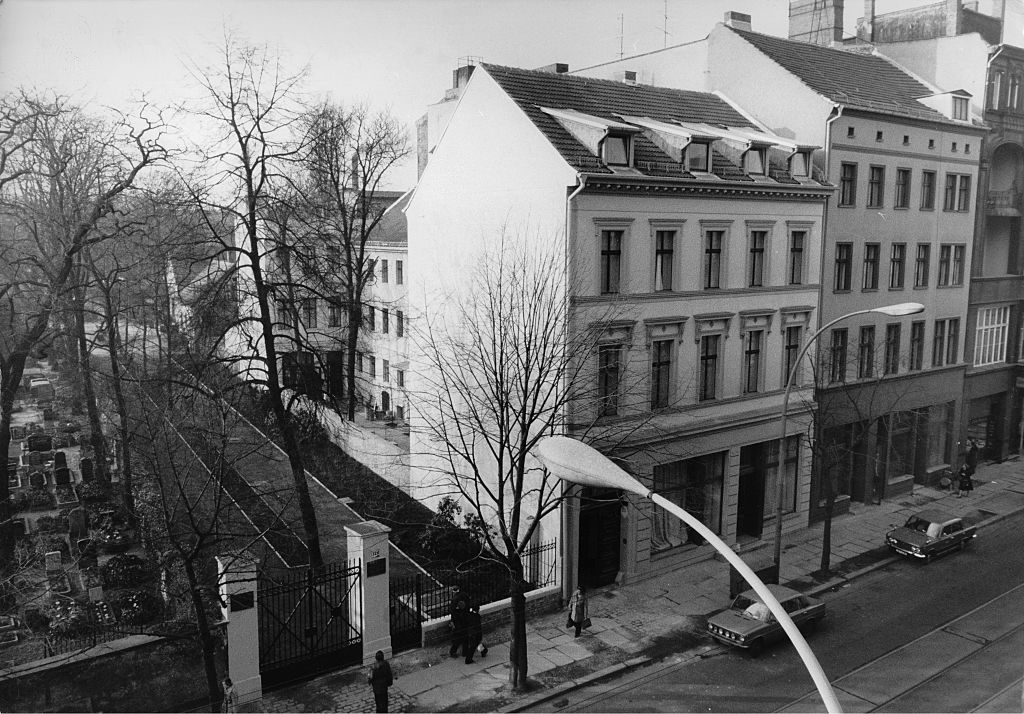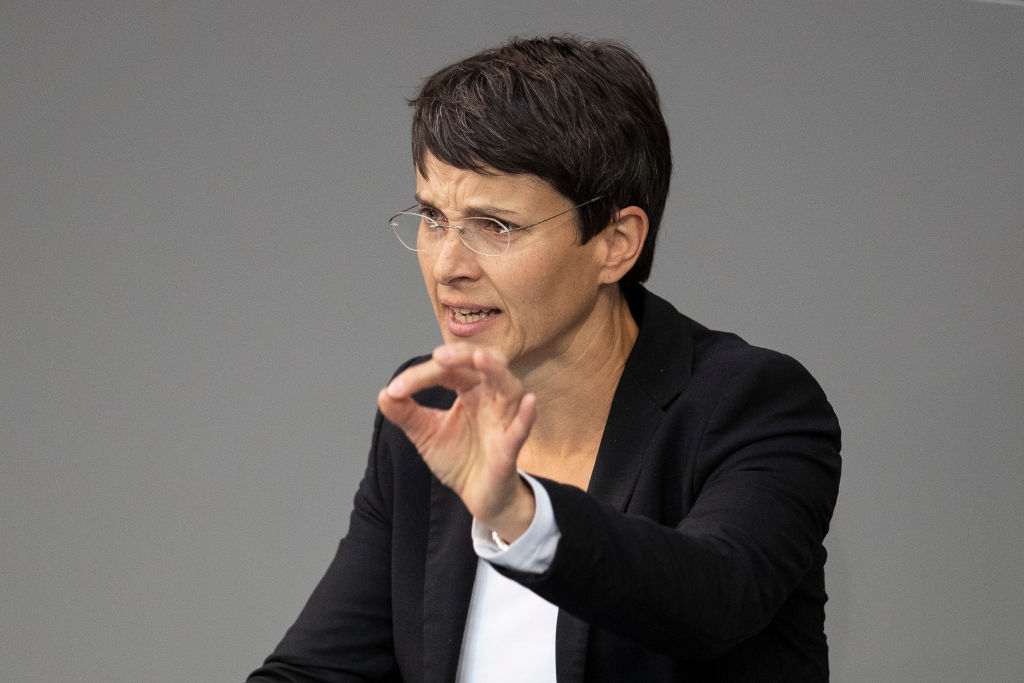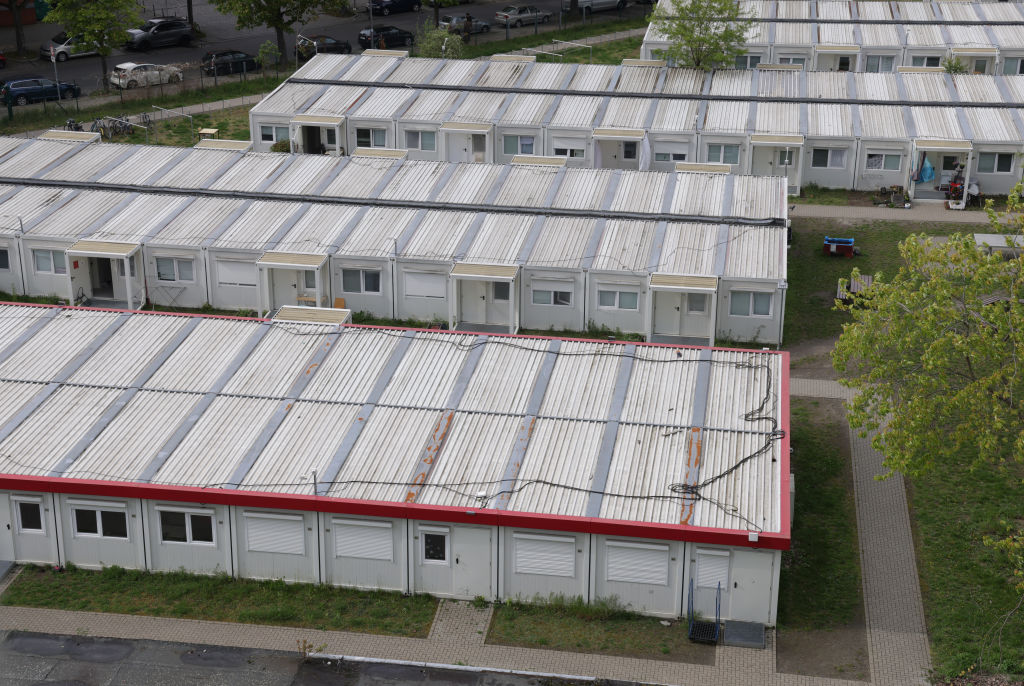US technology giant Intel said will not move ahead with a controversial €30 billion chip factory in the German city of Magdeburg, as part of a new cost-cutting programme.
“We have decided not to move forward with previously planned projects in Germany and Poland,” CEO Lip-Bu Tanthe said in presenting dismal second-quarter results on July 24.
“Over the past several years, the company invested too much, too soon – without adequate demand. In the process, our factory footprint became needlessly fragmented and underutilised,” he said.
Intel first announced plans to build the semiconductor “mega fab” in March 2022, as part of a broader European investment plan. Called Silicon Junction, the project would have created 3,000 jobs in the economically weak eastern German region, where Intel acquired 450 hectares of land for the factory.
The project made headlines in June 2023 when Germany’s economics ministry, under Green party vice-chancellor Robert Habeck, agreed to subsidise the factory with a total of €10 billion in public funds – the largest ever state subsidy in German history.
This included previous grants already made under former German chancellor Angela Merkel (CDU).
In September 2024, Intel announced it would postpone beginning construction on the factory by two years.
Saxony-Anhalt’s state economics minister Sven Schulze (CDU) said he was not surprised about the decision.
“It seems Intel has very big internal challenges. Also you now have the ‘America first’ philosophy of Donald Trump in America now. Both are bad preconditions for Intel investments in Europe,” said Schulze.
Brussels Signal asked Magdeburg city officials for comment but had not heard back at the time of writing.
Several German economists, though, welcomed the cancellation of this highly subsidised investment.
The government should focus on setting the right general conditions for investments and leave it to markets which economic structures evolve, Stefan Kooths, researcher at the Institute for Global Economy Kiel (IfW) told news agency Reuters.
“The opposite approach, setting structural targets politically and then regulating them through subsidies and regulations, leads to a dead end”, added Kooths.
At least in the case of Intel, the subsidies were ultimately not paid out, he said.





